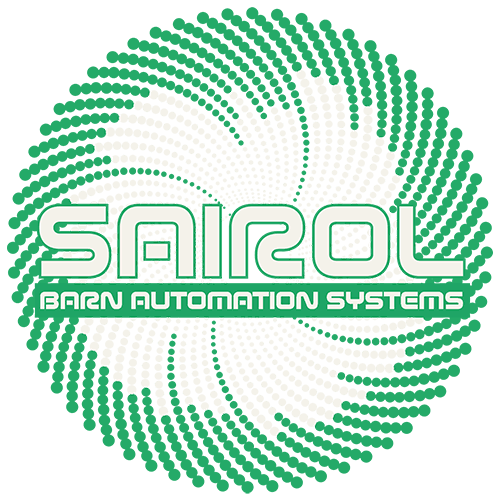Innovations in Equine Waste Management: What's New?
Revolutionizing Equine Waste Management
The equine industry, a significant part of agriculture and recreation, faces a unique challenge: waste management. With thousands of horses producing tons of manure daily, effective and environmentally friendly solutions are essential. Recent innovations in equine waste management are transforming how we handle this issue, benefiting both the environment and the industry.

Biodegradable Manure Bags
One of the latest innovations in equine waste management is the use of biodegradable manure bags. These bags are designed to decompose naturally, reducing plastic waste and promoting a greener environment. Made from plant-based materials, they offer a sustainable alternative to traditional plastic bags.
These bags not only help in managing waste but also support composting processes. Their natural decomposition complements the breakdown of organic matter, enhancing the quality of the compost produced. This innovation aligns with the growing trend towards sustainable agricultural practices.
Advanced Composting Systems
Composting has always been a popular method for managing horse manure, but recent advancements have made it more efficient and effective. New composting systems utilize technology to control temperature, aeration, and moisture levels automatically. This ensures that the composting process is optimized, resulting in higher-quality soil amendments.
These systems are particularly beneficial for large equine facilities that generate significant amounts of waste. By turning manure into nutrient-rich compost, these facilities can reduce waste disposal costs while contributing to soil fertility and reducing environmental impact.

Waste-to-Energy Solutions
Another groundbreaking development in equine waste management is the conversion of manure into energy. Through processes like anaerobic digestion, horse manure can be transformed into biogas, a renewable energy source. This approach not only reduces waste but also provides an alternative energy source for farms and surrounding communities.
Such technologies are especially advantageous for farms looking to minimize their carbon footprint and become more self-sustaining. The ability to convert waste into energy exemplifies the innovative spirit driving the equine industry towards a more sustainable future.
Automated Manure Removal Systems
For those managing large stables or equestrian centers, automated manure removal systems offer a modern solution to a labor-intensive task. These systems use conveyors or automated shovels to collect and transport manure efficiently, reducing labor costs and improving operational efficiency.

By implementing such systems, facilities can ensure a cleaner environment for both horses and humans. The reduction in manual labor also allows staff to focus on other important aspects of horse care and facility management.
The Role of Research and Development
The innovations in equine waste management are largely driven by ongoing research and development efforts. Collaboration between agricultural scientists, engineers, and the equine industry is crucial for creating new solutions that address both environmental concerns and practical challenges.
Continued investment in R&D will undoubtedly lead to even more advanced technologies and methods for managing equine waste. As these solutions become more accessible, they will play a key role in shaping a sustainable future for the equine industry.
